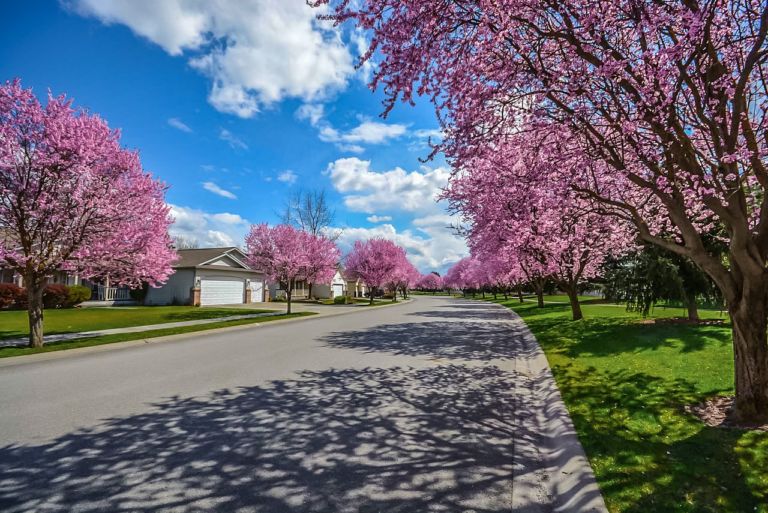Timothy Sandefur writes for Discourse Magazine about the danger of requiring the government’s permission for too many activities.
The Supreme Court last month struck down a New York law requiring people to prove to government bureaucrats that they had a “special need” before they could possess a firearm for self-defense. The ruling made headlines, as gun-rights cases typically do, but its real significance goes far beyond guns or the Second Amendment and touches on one of the most basic questions in constitutional law: When can states use permit requirements to limit the exercise of freedoms that the Constitution promises to protect?
Laws that force people to get government permission—through a permit or a license—before they can own or do something are usually intended to implement basic safety standards, for example, by ensuring that anyone practicing medicine has the appropriate training first, or making sure that new buildings will be structurally sound before they’re built. But when a government increases the delay and difficulty of obtaining permission, or phrases its licensing requirements in vague, incomprehensible terms, such laws can effectively transform immutable rights into mere privileges that the government can grant or withhold for whatever reason it wants.
The problem isn’t limited to gun rights or the right to build on private property. It’s a pervasive threat, and one the Supreme Court has dealt with before, most notably in a series of rulings in the 1950s that require state and local governments to implement “procedural safeguards” to prevent licensing requirements from effectively nullifying individual rights. But today, those safeguards are routinely ignored by elected officials—as well as by judges. The New York gun decision offers some hope that the Supreme Court may be more diligent in enforcing those safeguards—with respect to all our rights—in the years to come.


